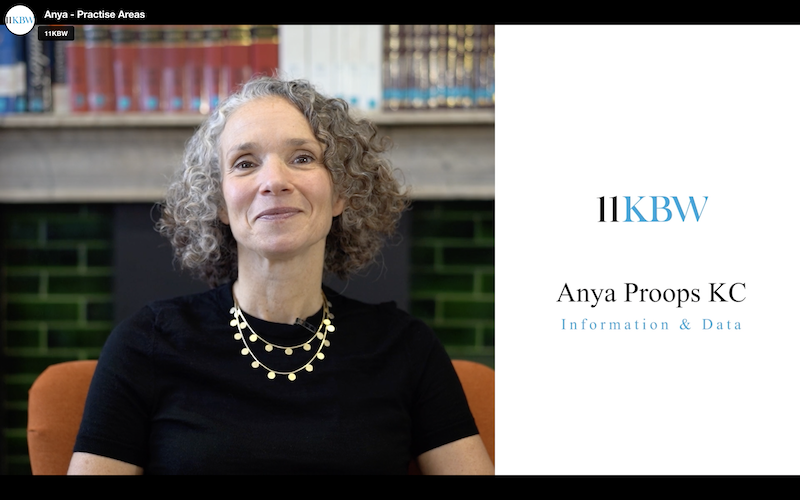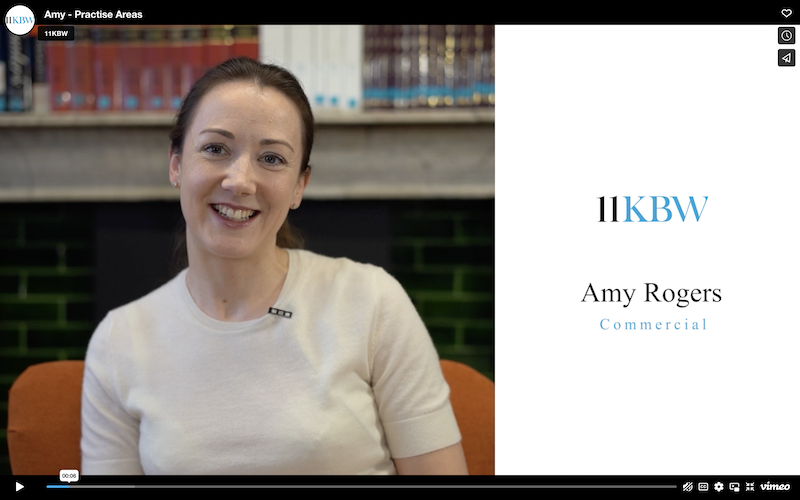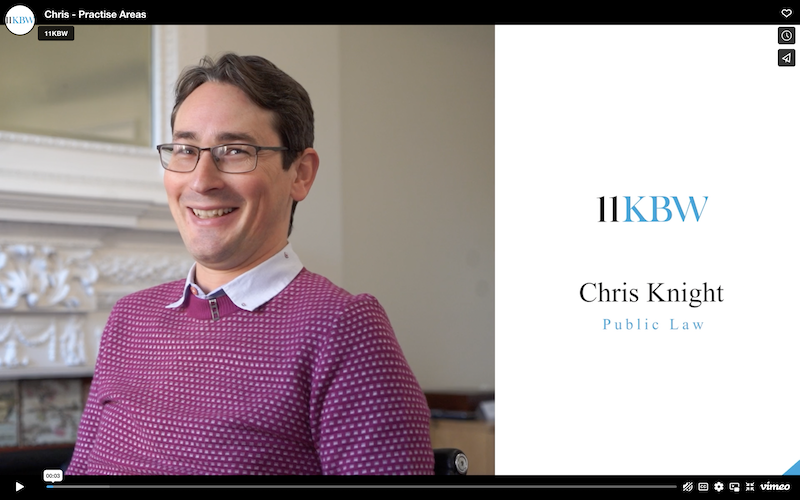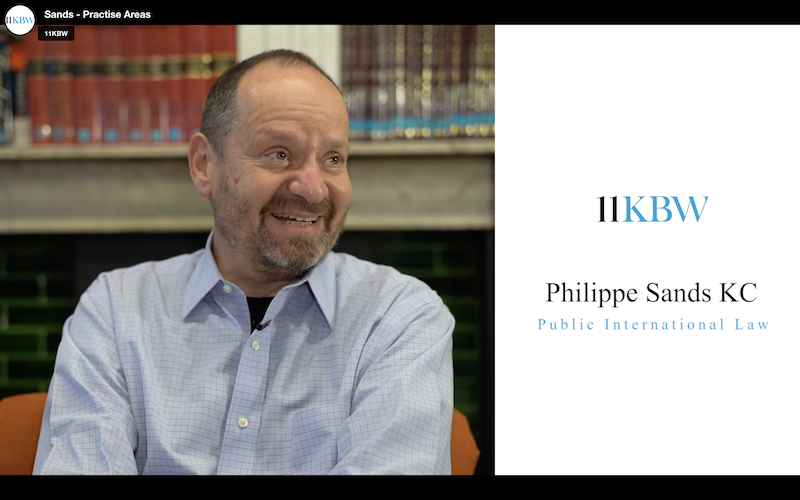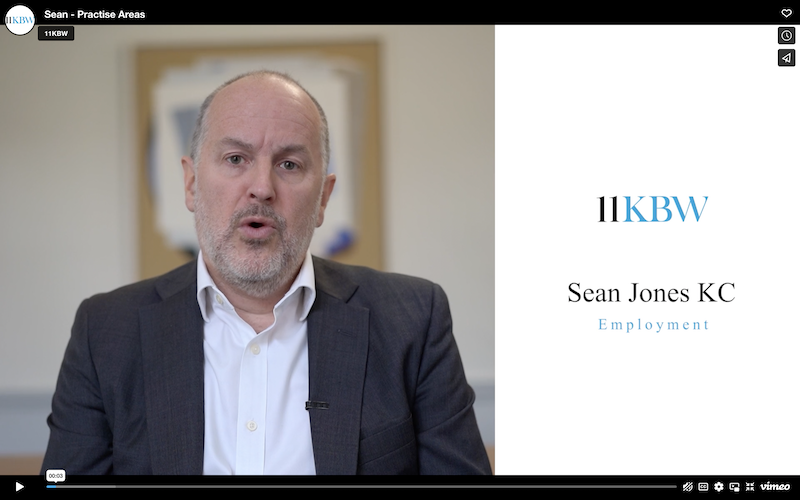Stage 1: Pupillage Gateway Applications
All applications through the Pupillage Gateway will be assessed by a sub-group of the Pupillage and Tenancy Committee in order to determine whether or not the application will progress to the next stage.
The criteria that are applied are as follows:
- Intellectual ability (weighting x 3)
- Written advocacy (weighting x 2)
- Oral advocacy (weighting x 1)
Oral advocacy has a lower weighting not because we place less weight upon it overall, but because we are less able to assess this at this stage.
Each criterion is marked 1-4, where 1 is low and 4 is high. If an application does not score at least 3 for ‘intellectual ability’, then we will not further assess the application and it will be rejected.
The onus is on applicants to show by evidence that they satisfy each criterion.
Intellectual ability
Applicants who have completed their first degree are expected to have obtained a high 2:1 degree in any subject, unless they can demonstrate exceptional mitigating circumstances, or unless they can demonstrate that they have evidence of later high academic achievement (for example, a merit or above at Masters level, or a distinction on the CPE).
In order to determine whether a 2:1 is “high” or not, we will need to know individual finals scores. It is up to applicants to supply them (or to explain why they cannot).
Generally speaking, we cannot place weight on “predicted” results. However, where applicants have not completed their first degree, we will look at individual results so far achieved, as well as A-level (or equivalent) results and predicted results.
If an applicant relies upon extenuating circumstances, they should be explained clearly.
If the results are from a non-UK institution, applicants should explain where the results place them.
Written advocacy
We have added a specific question to the application form to address this criterion. Our assessment will be based upon the answers to that question.
We will consider in particular clarity, concision, and persuasiveness.
Oral advocacy
We have added a specific question to the application form to address this issue and our assessment will be based primarily upon the answer to this question, but we will look at all relevant evidence within the application.

